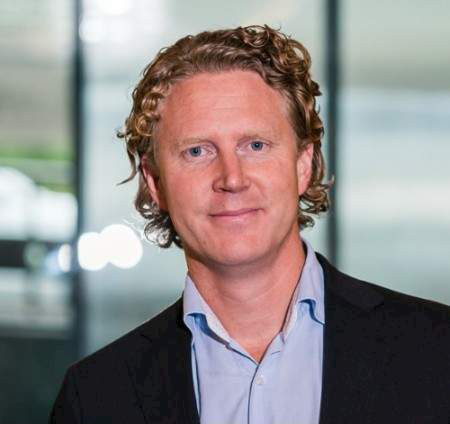In recent years, the new technology market has exploded, and at the same time, the world is facing a major transformation to reach the Paris Agreement and the 17 UN sustainable development goals. As a global consulting company, we think that the technology industry should be considered as an ecosystem, where we share innovation that contributes to protecting what is best for our planet. Within boundaries that still generate profitability; we need to take a step back, to look at things from what is best for society.
Like other companies in the industry, we have gradually built up an enormous capacity to handle large amounts of data from a great number of projects combined with customer-specific solutions and algorithms. There is now a strong focus on analyzing and reusing this knowledge base from a sustainability perspective. It is time to work from a broader point of view toward the generalization of sharing best practices. If you come up with a great solution, how will you make it work for a different or similar industry but in another context?
There is a risk that customers will reject the idea of sharing innovation, however, the plan is obviously not to disclose anything that means a loss of profitability. Erik Dingvall, who is in charge of our AI and data solutions at Cognizant Sweden, emphasizes that we advocate a general openness about insights and tools, as long as it is not relating to any customer-specific cases.
“I think we can create a force by working together as in an ecosystem, which is a win-win for everyone. If there are large benefits for society to be gained from an algorithm or innovation, then there is great value in sharing.”
The demand for reusability
Cognizant has many clients worldwide and generally, they have great insights into sustainability, and particularly the demands put on suppliers to have a sustainability agenda. The next step is to tackle circular innovation.
"We believe that many of our projects will include demands for reusability of, for example, developed algorithms. So many great things are accomplished thanks to the most advanced technical software solutions, and we have a responsibility to share the insights that can help us achieve the UN's sustainable development goals. There is no conflict in working for humanitarian goals in parallel with providing profitability and growth for the company,” explains Erik.
"Ultimately, in conclusion, global companies should see it as their duty to drive technology in circular innovation."



